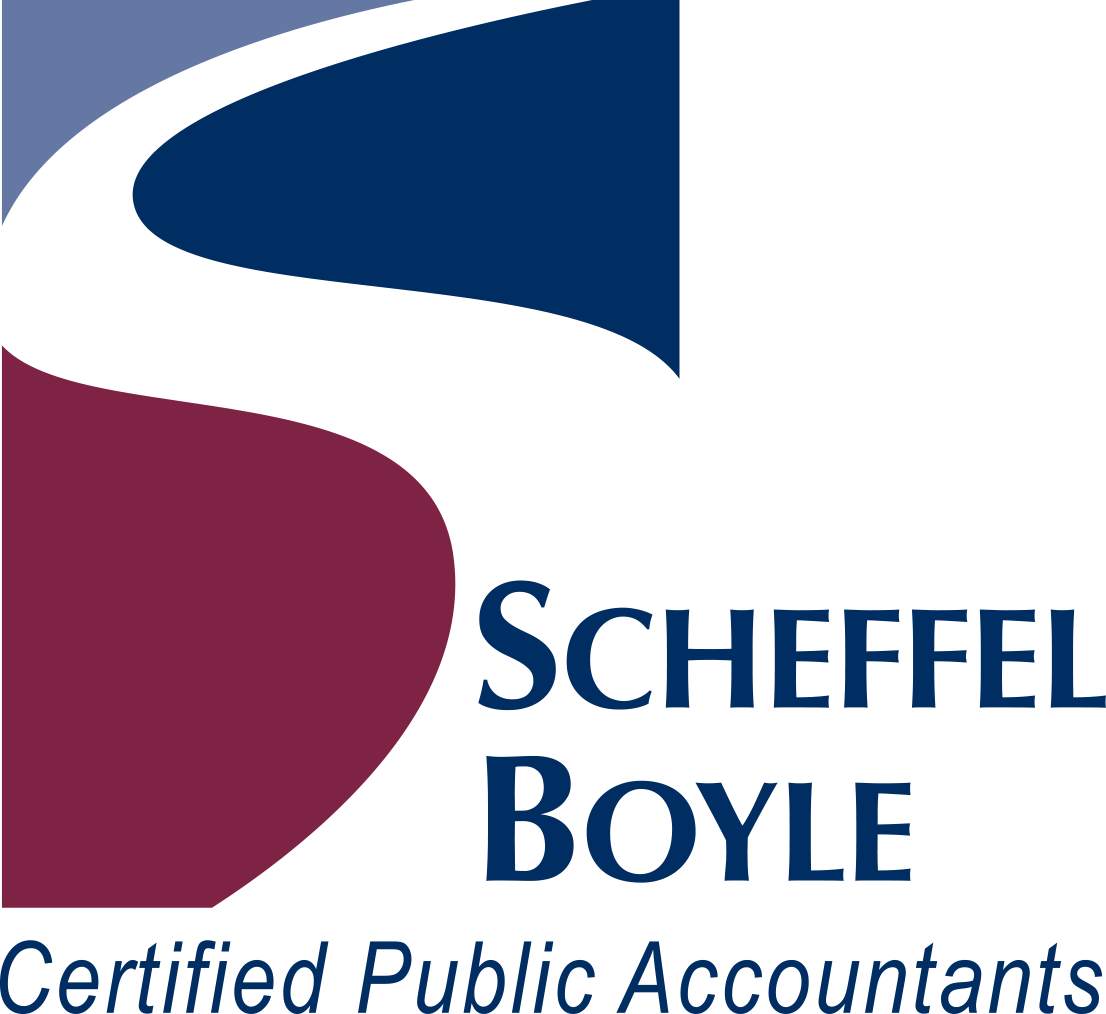A Message From Our Team
Dear Clients and Friends,
As our firm continues to monitor the COVID-19 (Coronavirus) situation, we wanted to take a few minutes to reach out to our clients, friends, and community. As you are aware, we are in the heart of the busiest time of year for our industry. Scheffel Boyle remains fully operational in our seven offices – Alton, Edwardsville, Belleville, Highland, Jerseyville, Columbia, and Carrollton, IL. We are and will continue to be dedicated to serving and advising you. We are focused on high quality service and the health and safety of our clients, team members, business partners, vendors, and their families.
We are currently reviewing and updating internal policies, particularly regarding in-person meetings and office visitors. At this time, we have taken the following measures to ensure service continuity remains strong, but also that important safety precautions are taken:
- Encouraging meetings over the phone with clients rather than face-to-face
- Promoting an easy, secure upload of client documents through our online portal, ShareFile. Please contact your Scheffel Boyle team member for details on how to use this feature.
- Limiting non-essential employee travel and client contact
- Strict return from illness policies and exposure policy with quarantine period
- Sanitizers distributed throughout offices
- Frequent disinfecting wipe-downs of common areas in all offices
Our leadership is closely monitoring Federal, State, local government, and IRS updates regarding both this issue and our usual deadlines during busy season. We are also taking actions to have as little disruption as possible to our professional work, while keeping safety top-of-mind. The CDC recommends the following routine preventative actions to help prevent the spread of virus, including everyday habits which we are stressing to all our team:
- Wash your hands often with soap and water for at least 20 seconds, especially after going to the bathroom; before eating; and after blowing your nose, coughing or sneezing. If soap and water aren’t available, use an alcohol-based sanitizer that is at least 60% alcohol.
- Avoid close contact with people who are sick.
- Avoid touching your eyes, nose and mouth.
- Stay home when you are sick or have been exposed to someone with the virus.
- Cover your cough or sneeze with a tissue, then throw the tissue in the trash.
- Clean and disinfect frequently touched objects and surfaces using disinfectant wipes.
- Avoid contact with anyone who has recently been outside the United States
Our policies and the measures we take internally during this crisis are fluid and will remain adaptive as the situation evolves. We will communicate with our clients if our current situation, policies, or procedures were to change.
Please reach out to our team with any questions or concerns you may have during this time. We remain dedicated to serving you and doing things for the health and safety of our team, clients, community, and friends.
Sincerely,
The Scheffel Boyle Team



